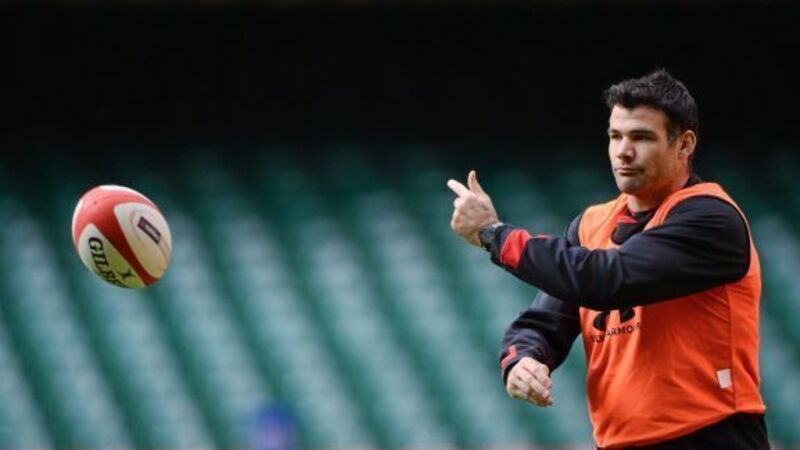'Slam or slammed. With the Welsh, there tends to be no in-between, no happy medium’

Maybe the explanation is to be found buried somewhere deep in the Welsh psyche. Whatever the reason, nothing in Welsh society provokes mood wings as extreme as those caused by the state of their national rugby team.
They are either going to beat the world, as they very nearly did in New Zealand fewer than 18 months ago or they are too bad to be worth watching as was the case after the New Zealand match before Christmas when 15,000 dropped them like a hot brick rather than turn up the following week.















